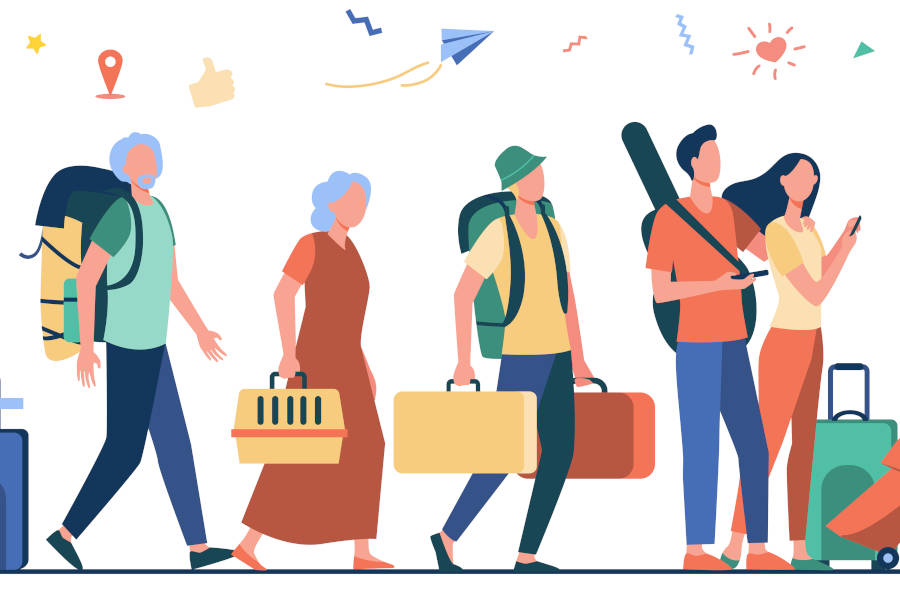Translation of a website for tourism: what to pay attention to?

Websites intended for the tourism industry present translators with several challenges. The reason for this is that the tourism sector has ties to several other industries and fields.
Website texts intended for the tourism industry are often illustrative and persuasive and also abide by the technical rules for writing online content.
Types of websites seen in the tourism industry
There are various different types of websites dedicated to the tourism industry, and they all have different purposes:
- Illustrative or informative sites are intended to describe a destination or tourist attraction. They contain historical references, helpful information, and the dates of local events. They use language similar to printed travel guides
- promotional websites tend to advertise hotels and resorts to tourists; they also contain information on special offers, holiday packages, and so on
- commercial sites are exclusively intended for tourism purposes and seek to act as a bridge between customers and tourism service providers. Booking platforms are a very successful example of this category
Translating websites for tourism purposes: key aspects
Website translations must abide by several precise technical rules. First, it is essential to remember that online texts must be written and translated in compliance with SEO rules. This means that they need to be optimised for search engines (such as Google) to promote website visibility.
In addition to focusing on translating the actual content of a website, professional translators must also be aware of the guidelines for writing texts optimised for search engines.
As well as being optimised for search engines, texts written for tourist websites must also be localised so that they can be used effectively by target-language users. For example, translators need to use a register that is appropriate to the target culture, in addition to the correct measurement units and currencies (e.g. euros, dollars, or pound sterling) when localising texts.
They may also need to rewrite or reformulate some parts of the text to make them more attractive to users from a particular culture.
The difficulties that come with translating tourism websites
Like other specialist sectors, the tourism industry uses its fair share of technical terms, which must be taken into account when translating websites for tourism purposes.
Slogans, phrases, and idioms are frequently used on promotional tourism websites to attract the attention of tourists. Finding a version of these expressions that makes sense in the target language is no mean feat. That's why Eurotrad relies on specialised translators to generate tourist translations . We have over twenty-five years of experience in the industry!
SHARE THIS POST
WRITTEN BY
A bridge between you and the world, this is our purpose: to help you on your internationalization journey
Related posts

You will always be updated on the latest news and promotions







